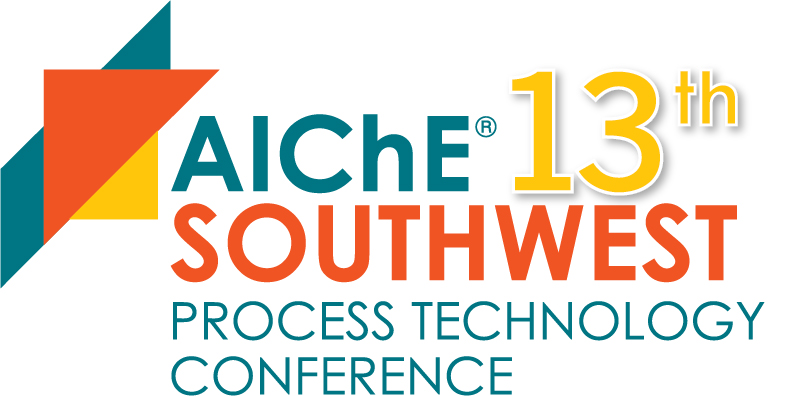

Currently, over 95% of hydrogen is made from fossil fuels through natural gas reforming or coal gasification. The need for a sustainable source of hydrogen has been widely recognized, not just as a potential transportation fuel, but to limit CO2production and fossil fuel consumption from existing industrial processes such as ammonia generation and petroleum refining. In the next 5-10 years, any real impact to the percentage of hydrogen generated from renewable sources will be from existing commercial technologies by necessity, based on current technology and manufacturing readiness as well as demonstrated field reliability. Focus on the technical and commercial challenges for these solutions is therefore essential to achieve deployment at scale. Commercial proton exchange membrane (PEM)-based electrolysis has been scaled to single systems of ~20,000 kg/day, providing a relevant pathway for industrial scale hydrogen generation. PEM electrolysis also has tremendous potential for continuing cost reduction, leveraging system and manufacturing scaling laws as well as leveraging advancements in PEM fuel cell materials, manufacturing, and analysis tools. This talk will focus on pathways to achieving viable costs for hydrogen production at scale. Challenges related to materials, integration, and processes will be discussed.
Presenter(s)
Once the content has been viewed and you have attested to it, you will be able to download and print a certificate for PDH credits.
If you have already viewed this content,
please click here
to login.
